Regional physical integration
La integración física, es decir, la interconexión de las infraestructuras económicas, entre las que se cuentan las de transporte, energía, telecomunicaciones, agua y saneamiento, permiten generar transacciones dentro de un espacio geográfico y económico más amplio que lo nacional, posibilitando la integración del sistema económico y territorial a un nivel subregional y el surgimiento de cadenas regionales de valor. Por ello, la CEPAL ha resaltado la necesidad de alinear la concepción, diseño, ejecución y seguimiento, fiscalización y evaluación de las políticas de infraestructura y servicios conexos con la maximización de sus efectos en relación al desarrollo, a través de una política integrada y sostenible de logística y movilidad con una mirada regional que permita no solamente resolver los problemas de provisión de infraestructura y servicios sino muy especialmente resolver las fallas u obstáculos institucionales y regulatorios tanto en la conducción de las políticas como en la organización de los mercados que surgen de la alta dispersión y multiplicidad de visiones públicas respecto a la infraestructura económica y los servicios en sus diferentes procesos (concepción, diseño, implementación y seguimiento, fiscalización y evaluación). La integración regional de infraestructuras económicas permitiría alcanzar mejoras en la dotación y calidad de la infraestructura disponible, con una menor inversión y a un menor costo de operación producto de las economías de red, posibilitando con ello liberar recursos públicos para el gasto social u otros sectores de la economía nacional. Junto con ello, permitiría brindar y asegurar un suministro continuo y seguro para las naciones participantes, proveyendo además una redundancia en la red necesaria ante eventos naturales extremos o pérdidas de conectividad, elementos que serían difíciles de alcanzar de forma individual a un costo competitivo.
Activities

Webinar: Covid-19 Latin American rail networks impacts and adaptations
Organize by the UIC Latin America Region together with the UIC Covid-19 Task Force Group and ALAF (Latin America Railway Association) with the participation of ECLAC
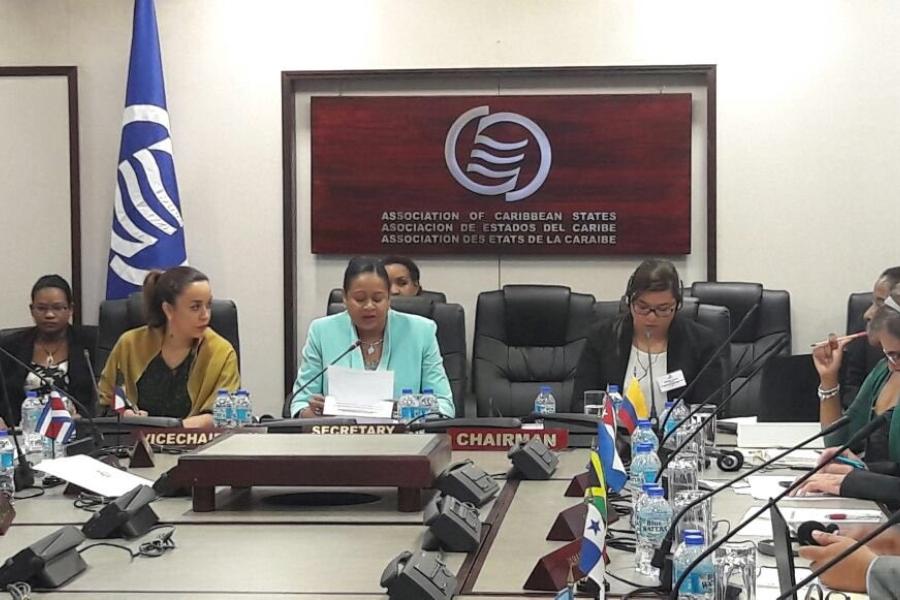
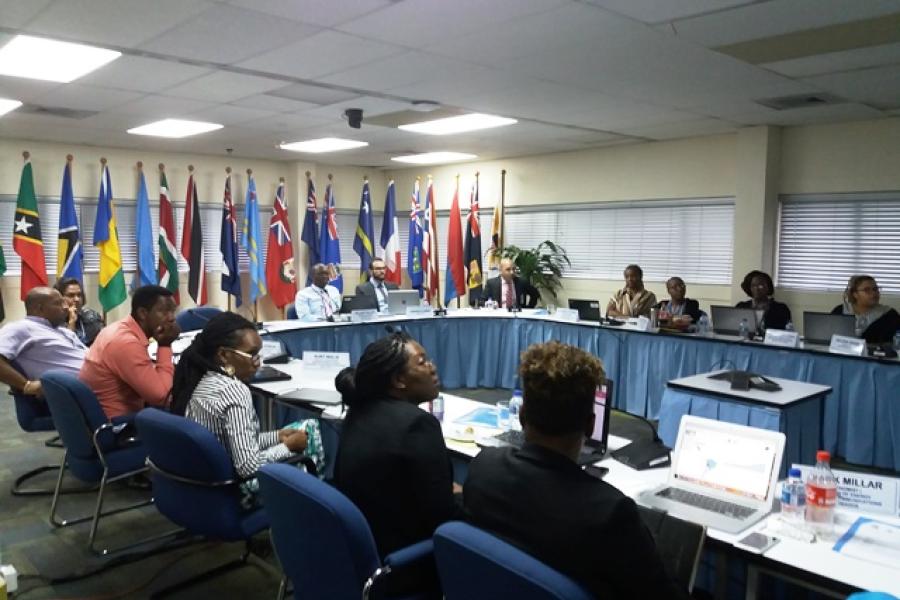
Trinidad and Tobago: Logistics integration the case of Hydrocarbons
Implemented under the ECLAC/ United Nations Development Account project: Logistics integration for a more sustainable exploitation of natural resources in Latin America and the Caribbean
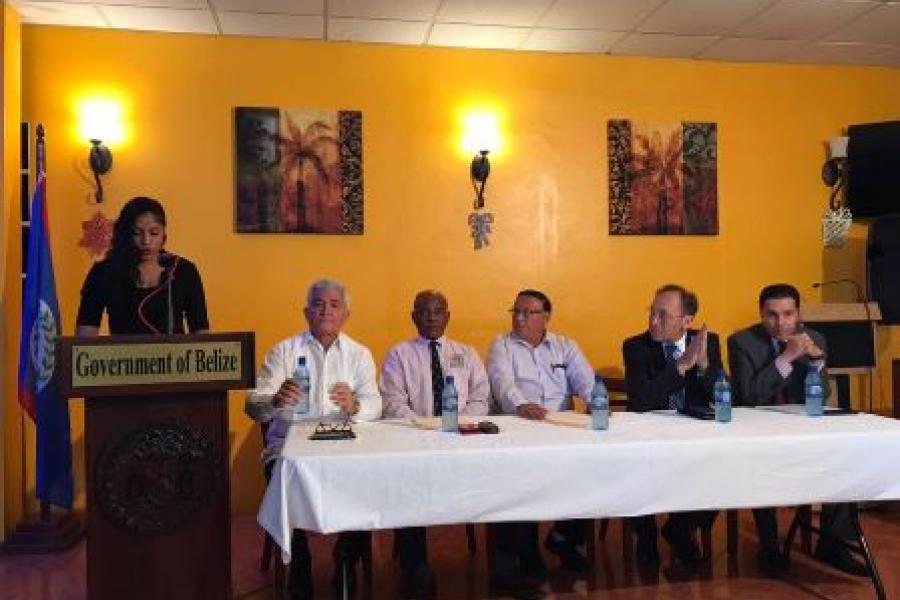
Belize: National Workshop on Integrated and Sustainable Logistics and Mobility Policy
Implemented under the ECLAC/ United Nations Development Account project: Logistics integration for a more sustainable exploitation of natural resources in Latin America and the Caribbean
News
Implementing the UN Decade of Sustainable Transport
Opening remarks of the Executive Secretary of ECLAC, José Manuel Salazar-Xirinachs, at the HLPF side-event organized by the United Nations Department of Economic and Social Affairs (DESA), together with the UN Regional Commissions, and hosted by UN Trade and Development (UNCTAD).
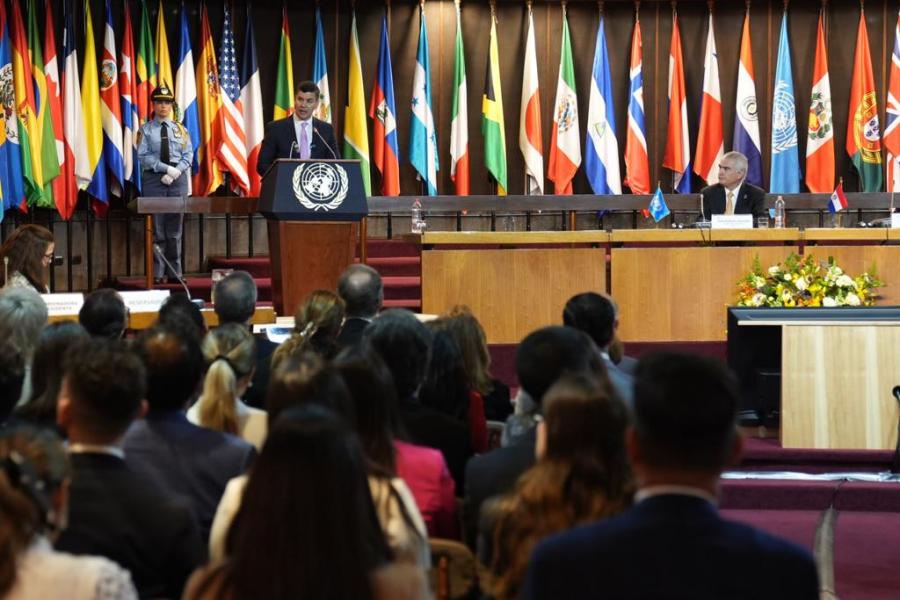
At ECLAC, Paraguay’s President Calls for Dialogue among Latin American and Caribbean Countries to Offer a Continent of Peace in a World Plagued by Conflict
In the framework of his official visit to Chile, the Paraguayan leader gave a keynote lecture at the United Nations regional organization’s headquarters in Santiago.
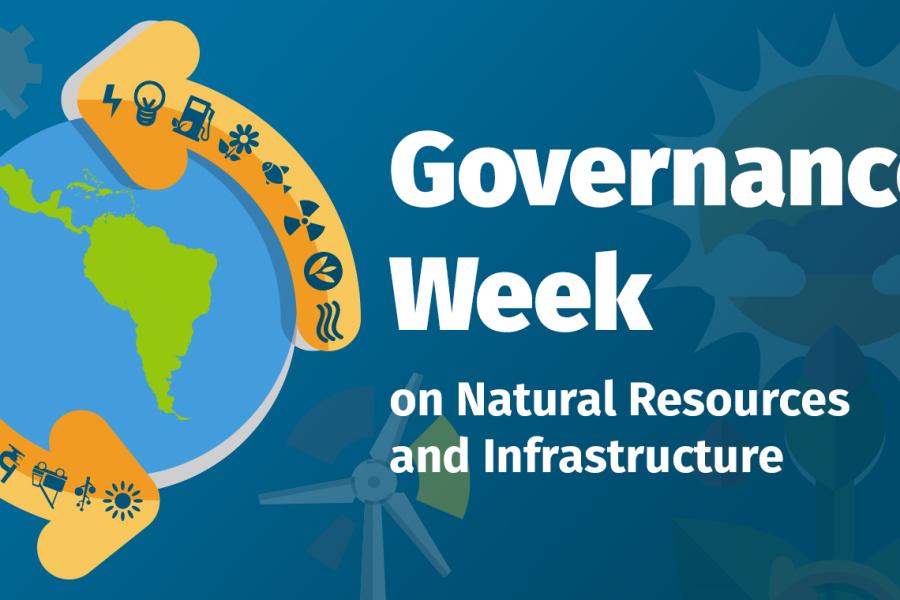
Recommendations for promoting a shared vision for better governance of natural resources and infrastructure
Outcome of Natural Resources and Infrastructure week, held on ECLAC from November 7th and 11th of 2016
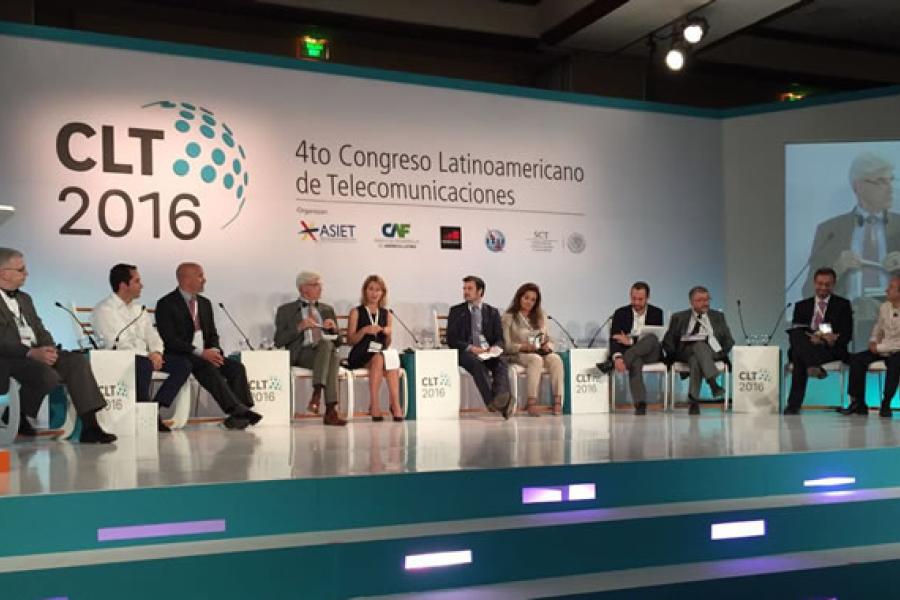
ECLAC Encourages the Creation of a Regional Digital Market in Latin America and the Caribbean
Digital technologies and new business models will foster regional integration that was not possible with old technologies, says the United Nations organization.